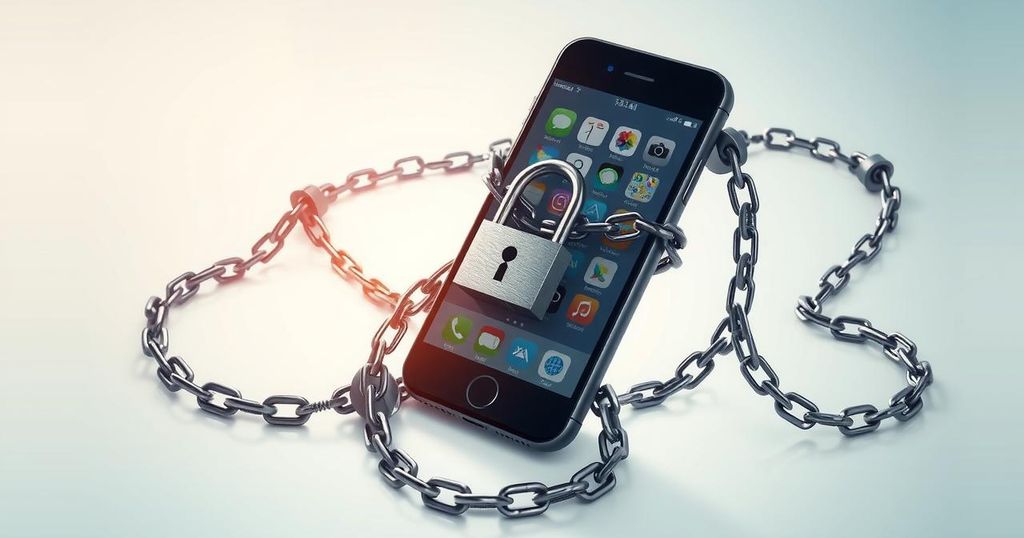The #KeepItOn coalition is demanding the South Sudanese government to end its social media shutdown initiated on January 22, 2025. The shutdown violates both national and international human rights frameworks, inhibiting free expression and access to critical information. Historical context highlights previous instances of government censorship, underscoring the need for urgent compliance with human rights standards by both authorities and internet service providers.
The KeepItOn coalition, comprising over 334 human rights organizations globally, implores the South Sudanese government to immediately cease the ongoing social media prohibitions. The recent shutdown, initiated by the National Communication Authority on January 22, 2025, violates both national and international human rights standards and must not persist. This prohibition was ostensibly implemented to control the dissemination of distressing videos related to violence in neighboring Sudan, prompting unrest within South Sudan itself.
The government’s prior measures, including a nationwide curfew since January 18, 2025, have further restricted freedoms. However, limiting access to essential digital platforms during crises not only suppresses free expression but also hinders access to critical health and safety information. Social media serves as a lifeline, enabling citizens to receive urgent alerts regarding their wellbeing, and its obstruction complicates the documentation of human rights violations.
Additionally, targeting social media is not a new practice for South Sudanese authorities. In 2021, there were similar restrictions in response to protests related to economic distress. Internet providers such as MTN and Zain have communicated their compliance with the shutdown directive, thereby limiting user access to platforms like Facebook and TikTok.
Such restrictions are contrary to both South Sudan’s constitutional guarantees and international agreements that protect freedom of expression. The enforcement of blanket internet shutdowns fails to adhere to the necessary and proportionate limitations outlined by UN guidelines. Furthermore, numerous international resolutions emphasize the internet’s role in fostering human rights.
ISPs operating in South Sudan must ensure adherence to the UN Guiding Principles for Business and Human Rights, which obligate them to avoid complicity in governmental violations of human rights. Companies like Zain and MTN face a moral and legal obligation to challenge the legality of the shutdown order, particularly regarding vague language and its implications on customers’ rights.
Moreover, we call upon South Sudan’s government, ISPs, and social media entities to uphold human rights. This includes revoking the shutdown, resisting illegal directives, and developing emergency response measures that address content moderation aligned with human rights standards. Such actions should involve consultations with civil society to avert further escalations of violence and ensure accountability for human rights abuses.
The #KeepItOn coalition advocates for internet access and human rights across the globe, especially in nations like South Sudan, where recent governmental actions have led to significant restrictions. Following violent protests linked to the killing of civilians in Sudan, the South Sudanese government implemented a shutdown of social media platforms under the guise of maintaining order. This action, while intended to suppress perceived risks, has faced widespread criticism for infringing upon citizens’ rights and accessibility to important digital resources during crises.
In conclusion, the ongoing social media shutdown in South Sudan poses serious threats to human rights and freedoms. It violates constitutional provisions and international agreements guaranteeing freedom of expression and access to information. Urgent action is necessary to reverse this directive, uphold citizens’ rights, and promote a safe environment for information exchange during crises. The coalition’s call to action urges both the government and ISPs to prioritize human rights over compliance to erroneous orders, thereby safeguarding the public’s access to essential digital platforms.
Original Source: www.accessnow.org






